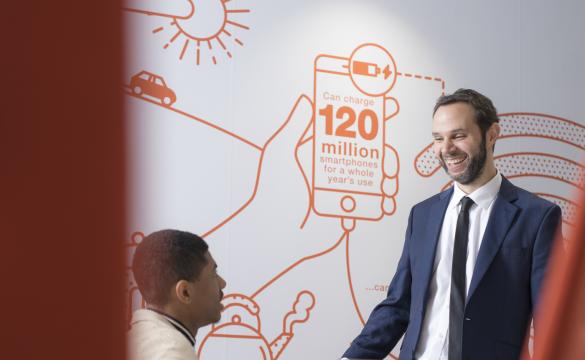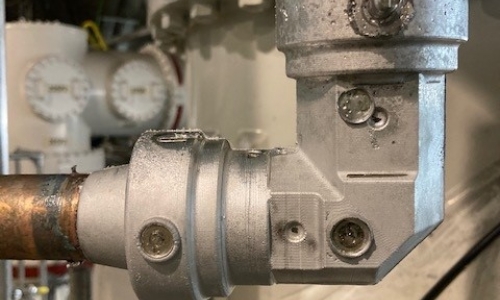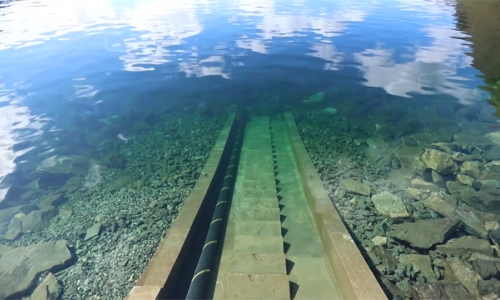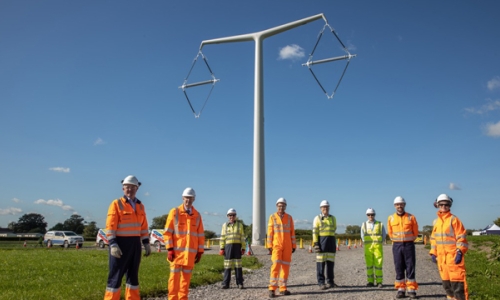
Jack Kelly: using Artificial Intelligence to address climate change
Data Scientist Jack Kelly applies his deep expertise in Artificial Intelligence to predict electricity demand and renewable energy supply, and in turn cut carbon emissions. After studying to post-doctoral level and following a job at Google Deepmind, he now splits his time between working at National Grid and non-profit business Open Climate Fix.
Artificial Intelligence reducing carbon emissions
In the last ten years, I’ve become alarmed by climate change and I want to help fix it. I split my working hours between National Grid and my own not-for-profit business, Open Climate Fix. Two days a week I’m part of the company’s Electricity System Operator Labs team.
I previously worked for Google DeepMind and now use my knowledge of machine learning to get computers to predict power generation of our renewable resources, like wind and solar power.
Smarter predictions of supply and demand
Forecasting how cloud patterns affect solar generation, or air currents influence wind turbine performance, helps us better plan and balance the supply and demand of electricity. It also means we reduce ‘spinning reserve’ – generators kept on stand-by to step in and produce energy if renewable production dips. Spinning reserve is like having a car engine idling, producing carbon but not going anywhere. So, the less spinning reserve we have, the more carbon-efficient we become.
It’s not just how we use AI, it’s how we share it
I’m not just passionate about how we use artificial intelligence (AI), but how we share it. It’s as a global community – collaborating together – that we’ll have the best opportunities to work out our path to net zero carbon emissions.
The rest of my time I dedicate to Open Climate Fix, which I founded with other AI experts. As the name suggests, it’s a virtual, open-source research and development lab. We’re committed to searching for machine learning algorithms and data that can help reduce greenhouse gas emissions as rapidly as possible.
Collaboration is key
In June last year, I co-published, with three other AI experts, a report highlighting the enormous strides we could achieve more quickly if there was an international centre dedicated to AI, energy and climate change. In a crisis of this scale, we need to collaborate as effectively as possible, which means we need open minds and open data.



